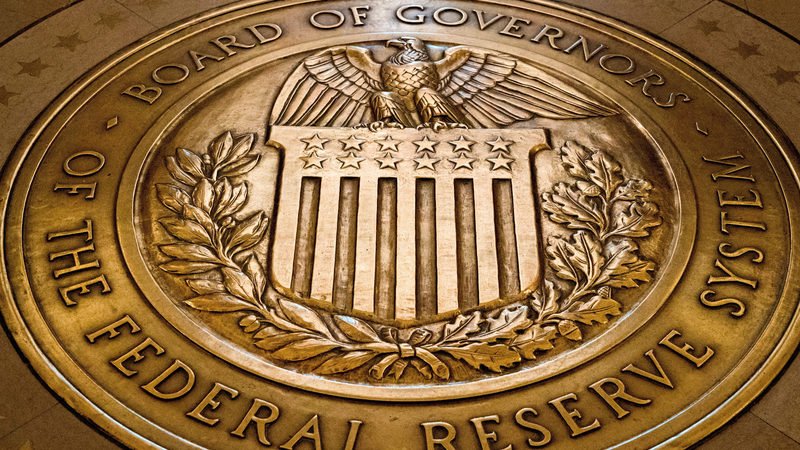When Donald Trump’s adviser faced lawmakers on September 4, all eyes turned to the Federal Reserve’s independence. As the world’s largest central bank managing nearly $9 trillion in assets, the Fed has traditionally operated free from direct White House influence—until now.
The hearing came just days after Trump broke convention by firing one of the Fed’s governors. That decision is now under legal challenge, raising questions about the president’s authority to reshape the central bank.
Supporters of the nominee argue that fresh perspectives are needed to tackle stubborn inflation and uneven growth. Critics warn that injecting political considerations into monetary policy could undermine the Fed’s credibility and long-term stability.
This high-stakes contest underscores a critical issue for global markets: Can the Fed maintain its role as an impartial monetary guardian? Or will presidential pressure redirect its strategies in real time?
As the nomination process unfolds, young entrepreneurs, investors, and policy watchers from G20 nations will be watching closely. The outcome could signal how resilient central banks remain in an era of heightened political scrutiny.
Reference(s):
cgtn.com



